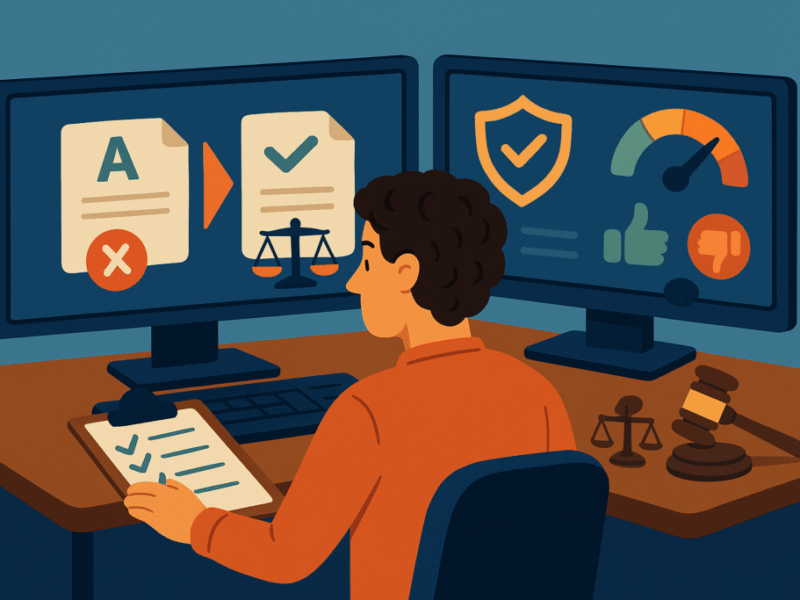The dark web fascinates many due to its notorious reputation for being a hub of illegal activities, while simultaneously serving as a refuge for those seeking anonymity in oppressive regimes. This hidden part of the internet, often confused with the deep web, operates in a space where conventional law doesn’t always apply, making it a topic of intrigue and concern. Understanding its structure, operations, and implications is essential in navigating both its risks and legitimate uses.
What is the dark web?
The dark web refers to a portion of the internet that is not indexed by traditional search engines and requires specific software, such as the Tor browser, for access. Known for its encryption and anonymity, it can host both illegal activities and legitimate functions, making it a complex environment.
Overview of the dark web
The dark web encompasses websites and services that prioritize user privacy and security, often using complex encryption methods. While it is commonly associated with illegal activities, such as drug trafficking and identity theft, it also serves critical purposes, including freedom of speech and information dissemination in censored areas.
Difference between dark web and deep web
Understanding the broader structure of the internet helps clarify the distinction between the surface web, deep web, and dark web. The surface web includes sites easily accessible via standard browsers, while the deep web consists of databases and private content not indexed by search engines. The dark web is a subset of the deep web, requiring tools like the Tor browser for access, and is characterized by its focus on privacy and untraceable communications.
Access methods
To delve into the dark web, users typically utilize the Tor browser. This specialized browser routes internet traffic through a network of servers, significantly enhancing user anonymity. Its privacy features include encryption of data, making tracking difficult.
The role of VPNs is crucial in this context. Using a Virtual Private Network (VPN) while accessing the dark web adds an extra layer of security, encrypting all online activity and masking the user’s IP address, thus improving privacy and protection from potential threats.
Dark web users and activities
While many associate the dark web with criminal activities, such as purchasing stolen identities and illegal drugs, it is also used for legitimate purposes. Activists, journalists, and whistleblowers often turn to the dark web for safe communication, especially in regions where freedom of speech is restricted.
Professionals, including cybersecurity experts and law enforcement agencies, monitor dark web activities to understand emerging threats and conduct investigations, underscoring the darker side as well as the potential for positive use.
Risks of the dark web
Engaging with the dark web carries significant risks. Users may encounter threats such as cyberattacks, malware, and identity theft. Navigating this environment without proper precautions can lead to serious consequences for both individuals and organizations, including financial losses and reputational damage.
The existence of illicit marketplaces heightens these risks, as users may unwittingly engage with scams or fall victim to hackers aiming to exploit vulnerabilities.
Recommendations for safety
For those who opt to explore the dark web, mitigating risks is vital. It is generally advisable to avoid direct engagement unless absolutely necessary. If accessing the dark web, implementing best practices can enhance security. This includes using updated antivirus software and being mindful of personal information shared online.
Employing dark web monitoring services can also be beneficial for both individuals and organizations, offering an additional layer of protection by keeping track of any potential data breaches and safeguarding against identity theft.
Notable historical context
The Tor network, which facilitates dark web access, was initially developed for government use, emphasizing secure communication. Over time, its structure evolved, leading to the rise of cryptocurrencies like Bitcoin, which provided a means for anonymous transactions, further entrenching the dark web in illegal activities.
Significant incidents, such as the infamous Silk Road marketplace’s shutdown, highlight the challenges and ramifications of law enforcement efforts against illegal trade in this hidden sector of the internet.
Current discussions
Today, the dark web remains a hot topic in discussions about cybersecurity and privacy. Recent developments include the increasing sophistication of cybercriminals, who utilize artificial intelligence for malicious activities, and ongoing operations by law enforcement agencies targeting illegal networks. This dynamic environment continues to shape the conversation around the complexities and consequences of the dark web.
